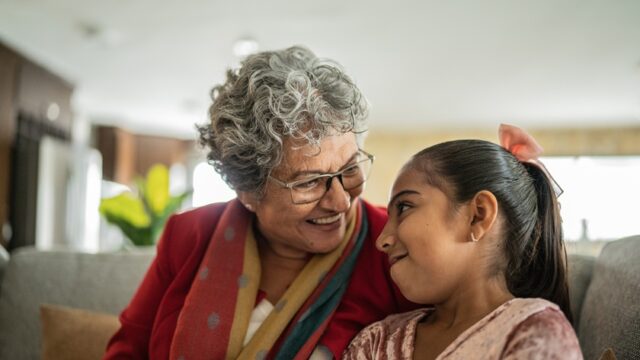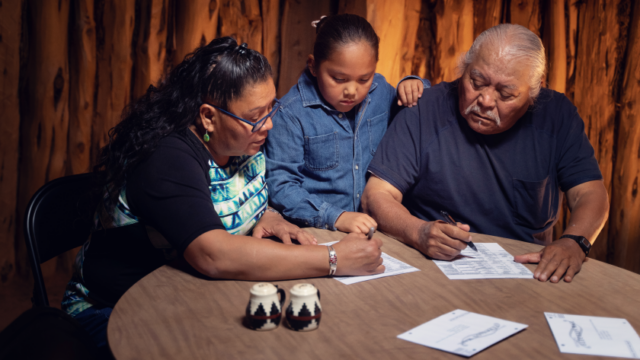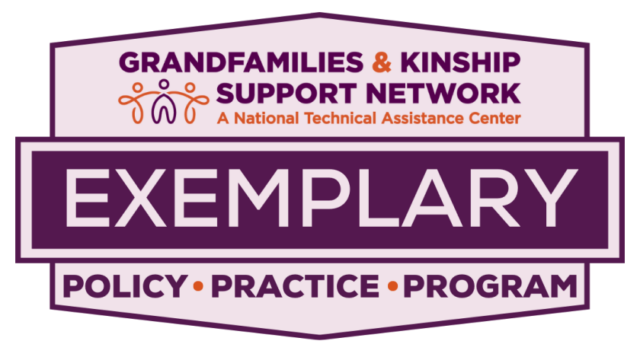

Over 2.4 million children in the United States are being cared for by kin – either relatives or others with a significant connection to the family – without having their parents present in the home. When children cannot stay with their parents, research demonstrates that they do best with kin. One of the fundamental challenges for kinship families – that distinguishes them from parent-headed families – is that these caregivers lack automatic legal rights and responsibilities for the children. Consequently, legal assistance is one of their most urgent needs so they can access services and supports for the children in their care. There are many helpful models of providing legal assistance to kin caregivers around the country. This resource summarizes those models and provides profiles of organizations doing good work. The goal of this piece is to provide replicable ideas to others wanting to provide supportive legal assistance to kinship families in their communities.

